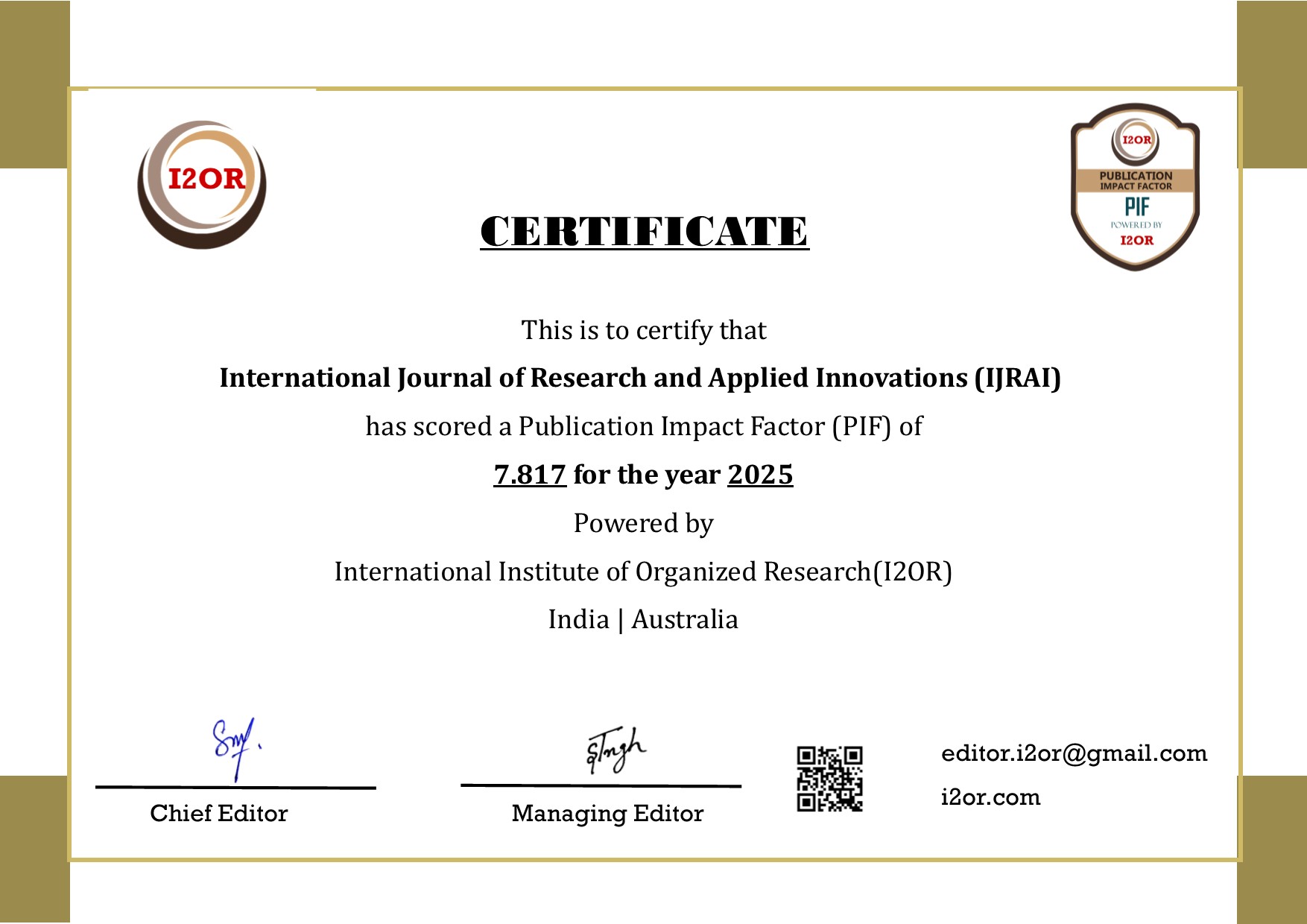Differential Privacy at Scale for Data Lakes
DOI:
https://doi.org/10.15662/IJRAI.2022.0505001Keywords:
Differential privacy, data lakes, scalability, privacy budget, noise calibration, utility-privacy trade-off, distributed privacy mechanisms, privacy accounting, big data analyticsAbstract
Differential Privacy (DP) offers a mathematically robust framework for privacy protection, yet applying it effectively in large-scale, heterogeneous data lake environments presents formidable challenges. Data lakes— comprising vast, diverse, and evolving datasets—require scalable privacy mechanisms that preserve utility while managing cumulative privacy loss and performance constraints. This paper examines the state-of-the-art in deploying DP in big data systems as of 2021, drawing on insights from research addressing scalability, computational overhead, and utility preservation. Key findings include the imperative for efficient DP algorithms, the need for distributed or parallelized implementations to handle data lake scale, and dynamic privacy budget management strategies to ensure ongoing privacy protection across complex analytics workflows SpringerOpenResearchGateHarvard Data Science Review. Furthermore, composition of privacy loss across multiple queries, parameter tuning, and the impact of data correlations are highlighted as critical considerations Sustainability DirectorySpringerOpen. To address these challenges, we propose a hybrid methodology integrating data partitioning techniques, adaptive budget allocation, scalable DP mechanisms, and privacy accounting tailored for data lakes. This research framework aims to balance scalability, utility, and robust privacy guarantees. The significance of this work lies in providing a structured pathway for adopting DP in enterprise-scale data lake environments, offering both architectural guidance and methodological rigor. Recommendations focus on leveraging distributed computing platforms, domain-aware noise calibration, and monitoring tools for privacy-utility trade-offs. This study provides a foundation for future research and development of DP systems capable of supporting the highthroughput analytics demanded by modern organizations without compromising individual privacy.
References
1. Hybrid scalability recommendations and DP infrastructure concerns SpringerOpenHarvard Data Science Review.
2. Challenges: budget composition, parameter tuning, data utility trade-offs Sustainability DirectorySpringerOpen.
3. DP in big data and distributed environments ResearchGate.
4. Real-world DP deployment i










